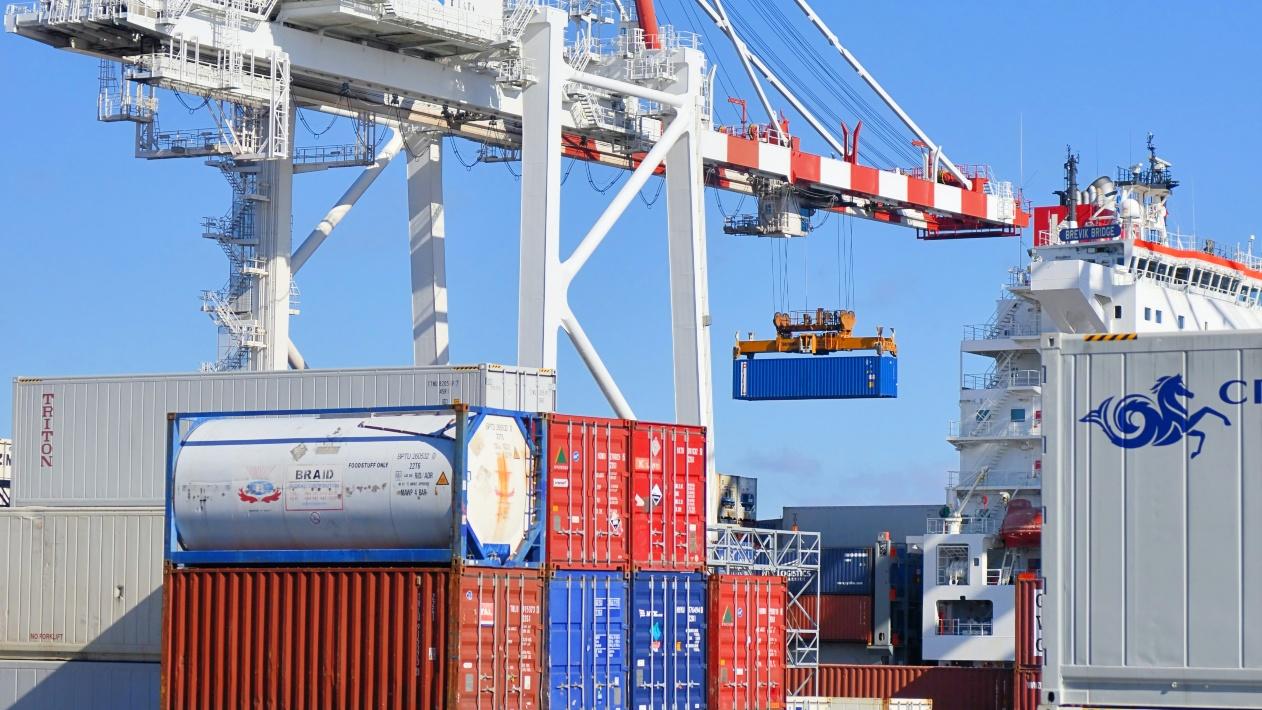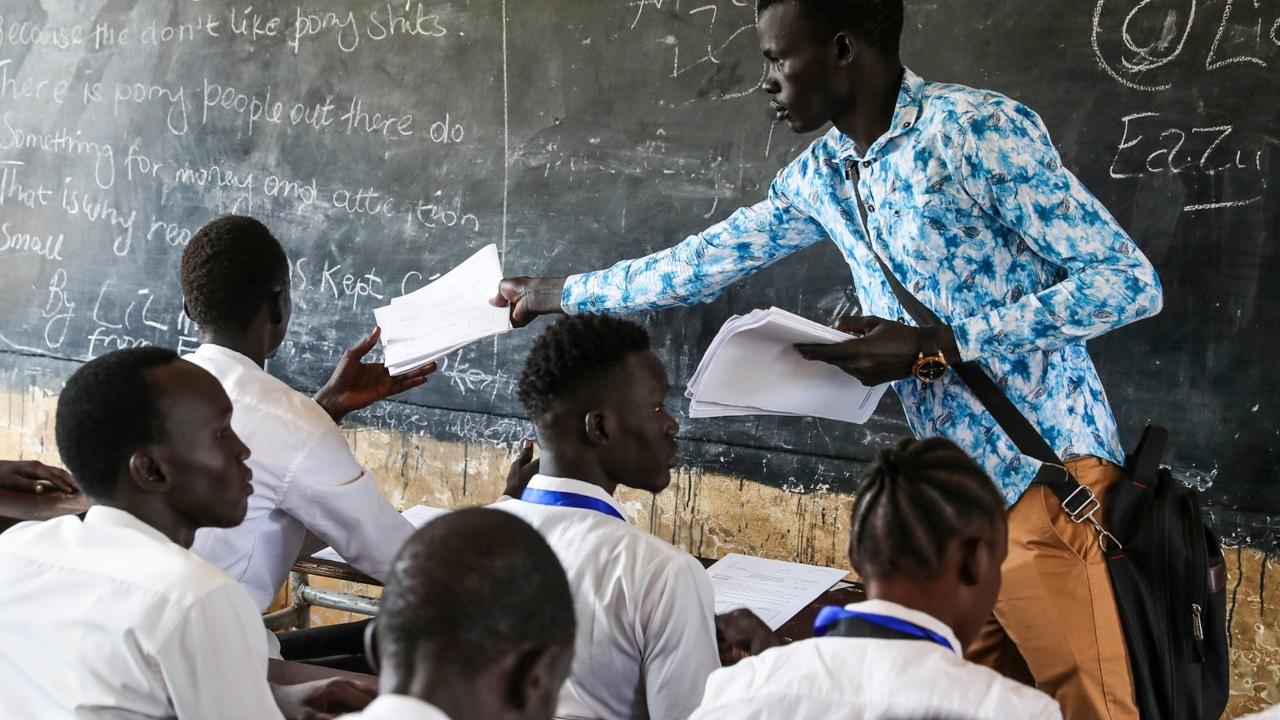The ‘good governance’ agenda has often used Botswana as its principal African case study in support of ‘market-friendly’ policy proposals. However, a deeper analysis of Botswana’s history shows that the country’s success has been facilitated by its aggressive stance towards foreign capital. Instead, a demanding tax and royalties regime has allowed Botswana to develop a strong rule of law and conservative fiscal approach.
Which ideas, methodological approaches and theories should we adopt to best understand, in its broadest sense, the international development process? As all graduate students in the field will tell you, or at least those who have not completely drunk up the Kool-Aid, the answer is complex. And the competition between ideas and scholars is always heated.
However, it is possible to delineate which ideas and methodological processes come to dominate important development spaces such as universities and international institutions. Presently, it appears that at a micro level, behavioural or ‘nudge’ economics is enjoying its time in the sunshine. At a macro level, variations of the good governance agenda often dominate policy prescriptions and the evaluation of existing policies.
At both levels, evidence is important but also highly contested. Micro approaches have increasingly implemented randomised control trials to support their proposed interventions with quantifiable results. Macro approaches, meanwhile, often rely on cross-country regression analysis to identify what differentiates countries. As critics have often argued, these approaches fail to adequately address intricate socio-political contexts, whether at the micro or macro level. The good governance agenda has similarly often failed to address the social and political histories that inform the case-studies offered as support for their postulations, which can then become detached from the contemporary context in which new policy prescriptions are made. Many of the good governance agenda’s shortcomings can be illustrated by taking a historical approach to Botswana – maybe the most important African contemporary case-study.
The importance of domestic resource mobilisation in Botswana
Botswana is one of Africa’s fastest growing countries, as measured by GDP, over the last five decades. It has regularly been characterised as a ‘success story’ of market-centred governance approaches, which prioritise market facilitating measures over interventionist policies, including the protection of property rights, strong rule of law and transparency in government. In this paradigm the state plays a facilitative role but seldom enters into more interventionist terrain, guided by what Mushtaq Khan has described as ‘market enhancing governance’; in this view the government facilitates the market but never challenges it nor ‘disciplines’ (alters) the behaviour of capital.
Good governance proponents have therefore argued that Botswana’s success, largely led by strong growth in the country’s diamond sector, is a function of the country’s conservative fiscal approach. For example the Government of Botswana has financed recurrent expenditure from non-mineral revenues, which in turn has consistently accrued fiscal surpluses. Orthodox accounts have lauded this facilitative role in relation to capital.
This account, however, ignores the strong disciplining role that the government has played in relation to capital, particularly the transnational capital financing operating in its dominant diamond mining sector. The government has one of the highest mineral government takes (MGT) – i.e. the share of mineral rents accumulated by the state relative to capital – globally. For example, some Botswanan experts have estimated that the government has collected 90% of mineral rents over the past 30 years. The magnitude of this achievement cannot be overstated. For example, it has been predicted that if South Africa (with its relatively well developed and progressive tax system) had the same annual average MGT as Botswana between 1994 and 2013, government revenue relative to GDP would have been about 2.8% higher per year.
This high government take is not automatic, nor was it inherited from a previous colonial system. It is the result of demanding tax, royalty and ownership agreements that the government has skilfully negotiated since the 1960s. For example, in 1968, the government negotiated that diamonds discovered at the Orapa mine would be mined by a joint-venture with De Beers, called the Botswana Mining Company (BMC), which was 15% state-owned. The BMC was then superseded by the Debswana Diamond Company (or just Debswana), in which the state extended its ownership to 50%. Similarly, the government has, over iterative negotiations, increased its ownership stake in domestic production companies, such as Debswana, but has also increased its ownership shares in De Beers. For example, in 2001, the government increased its stake in De Beers from 5% to 15%, when the company was privatised and restructured. Furthermore, in the last 20 years the government has improved beneficiation policy during negotiations in the hopes of increasing the portion of the diamond value chain situated in Botswana.
It is this aggressive domestic resource mobilisation that has allowed the government to implement the policies that uphold strong property rights and the rule of law. But maybe more importantly, this resource mobilisation has allowed it to invest in education, healthcare and infrastructure as well as a welfare system (however ‘conservative’). At the turn of the century, the late Thandika Mkandawire warned against the impossible task of both decreasing the resources available to the state – by privatising and ‘delinking’ from the economy – while seeking to over-extend itself by meeting the complex and resource-intensive requirements of the good governance agenda.
Botswana shows us that disciplining capital, particularly transnational capital, is key to mobilising resources. And in order to implement the reforms required by proponents of the good governance agenda, states ironically have to take aggressive actions against (transnational) capital to mobilise revenue. Proponents of the good governance agenda must address the challenges faced by states in generating sufficient resources.
While cross-country comparisons do allow us to identify contemporary differences among countries, any analysis must address context-specific historical processes. Anything short of that remains a threat to the development project – and mistakes should not be reproduced.
Photo: Gaborone, Botswana. Image by Herbert Bieser from Pixabay.





